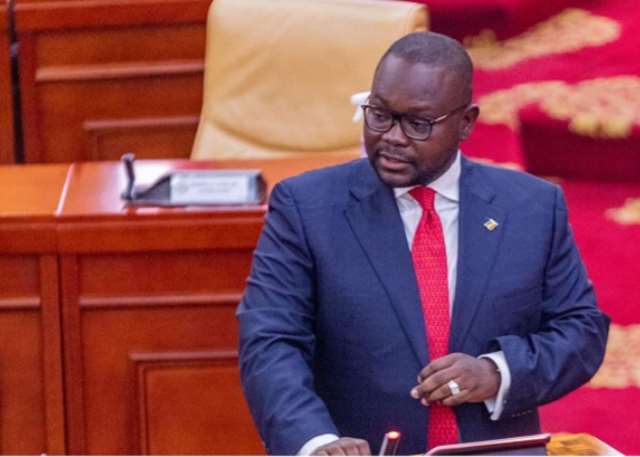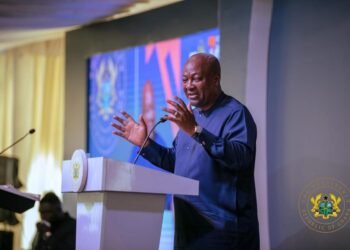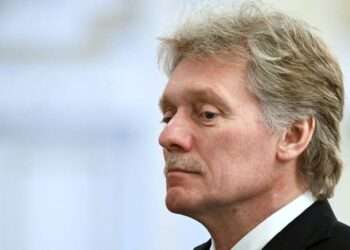In a strongly worded critique of President John Dramani Mahama’s recent announcement of a new six-lane expressway between Accra and Kumasi, Hon. Francis Asenso-Boakye, Member of Parliament for Bantama, has accused the government of abandoning a viable and progressing national infrastructure project in favour of what he described as an “untested, unfunded, and ill-defined” venture.
President Mahama had declared that construction on the proposed expressway would commence in 2026 and be completed before the end of his current term. While the promise has garnered significant public attention and political interest, Hon. Asenso-Boakye is urging Ghanaians to look beyond the headline.
In the former Minister for Roads and Highways’s assessment, the decision to “scrap the ongoing dualisation of the Accra–Kumasi corridor”—a project that has already seen over 100 kilometres of completed works and 46 kilometres under active construction—is deeply flawed and raises questions of governance, fiscal responsibility, and political motive.
According to him, the current dualisation project, which began under President John Agyekum Kufuor, was neglected during the late Mills and Mahama administrations and later revived by the Akufo-Addo government.
Under the New Patriotic Party’s stewardship, he explained, critical components such as the Anyinam, Osino, Enyiresi, and Konongo bypasses were initiated, with work at various stages of completion—some reportedly as high as 100%.
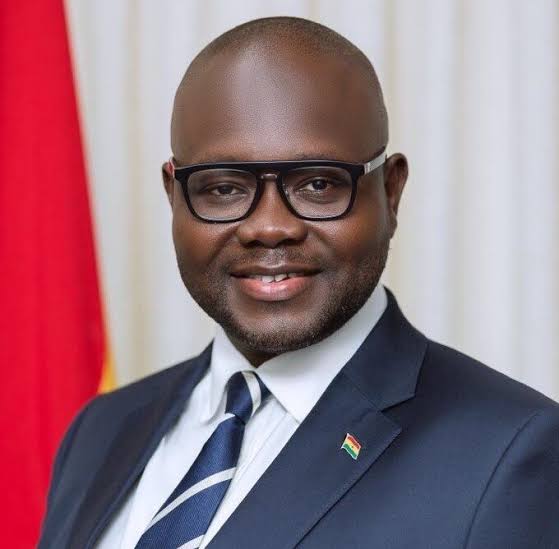
With only 94 kilometres left to dualise out of the entire 240-kilometre stretch, Hon. Asenso-Boakye finds it unfathomable that the government would abandon this progress and start anew.
“Instead of completing this existing project, whose scope, cost, and design are already known, the government now proposes to start afresh with an entirely new expressway, without a completed feasibility study, without an established cost, and without confirmed funding.
“In fact, during his own press briefing last week Wednesday, the Minister for Roads and Highways admitted that the Ministry is still in the process of hiring a consultant to undertake the feasibility study.”
Hon. Francis Asenso-Boakye, Member of Parliament for Bantama
This stunning admission, Hon. Aseso Boakye noted, raises the obvious question: how was the President able to determine a start date and a completion date for a project whose design, cost, and funding are unknown?
Constitutional Violations
He warned that such a move is not only costly and inefficient but also violates the spirit of Article 35(7) of Ghana’s 1992 Constitution, which urges successive governments to continue with ongoing projects in the national interest.
“What we are witnessing, however, is a blatant disregard for this constitutional directive and rather a politically driven effort to undermine the work of a previous government by abandoning an ongoing project in favour of an untested alternative.”
Hon. Francis Asenso-Boakye, Member of Parliament for Bantama
The former minister further stressed that beginning a new expressway would necessitate additional rounds of compensation payments, environmental assessments, route alignments, and procurement processes—steps that will only compound Ghana’s fiscal woes.
With the government already under pressure to fund existing infrastructure and developmental projects, he views the decision as irresponsible and potentially detrimental to Ghana’s broader development strategy.
On the issue of project variations and alleged cost overruns raised by the current Roads Minister, Hon. Asenso-Boakye acknowledged that such concerns deserve attention.
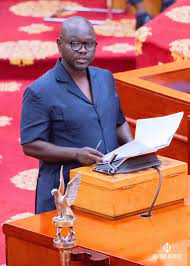
However, he argued that cost variations are a normal part of large-scale infrastructure development and can be resolved within existing legal and contractual frameworks. He cautioned against using them as an excuse to derail a project of such national significance.
“The answer to managing variations is not abandonment; it is transparent governance and professional project management. To discontinue a major artery of our national transport system on that basis is to undermine public confidence in the entire infrastructure delivery process.”
Hon. Francis Asenso-Boakye, Member of Parliament for Bantama
The Bantama MP also questioned the political motivation behind the shift in plans, hinting that the proposed expressway may be more about optics than substance. In his view, genuine progress must be rooted in strategic continuity, not partisan grandstanding.
“Let’s be clear: we are not opposed to infrastructure development. We support every effort that brings progress to the people of Ghana. But progress must be strategic, cost-effective, and aligned with long-term national goals, not tailored to the political egos of a few individuals”.
Hon. Francis Asenso-Boakye, Member of Parliament for Bantama
Hon. Asenso-Boakye ended his statement by urging President Mahama and the Ministry of Roads and Highways to reconsider their approach. He called on civil society, technocrats, and citizens to speak up in defense of continuity and efficient use of state resources.
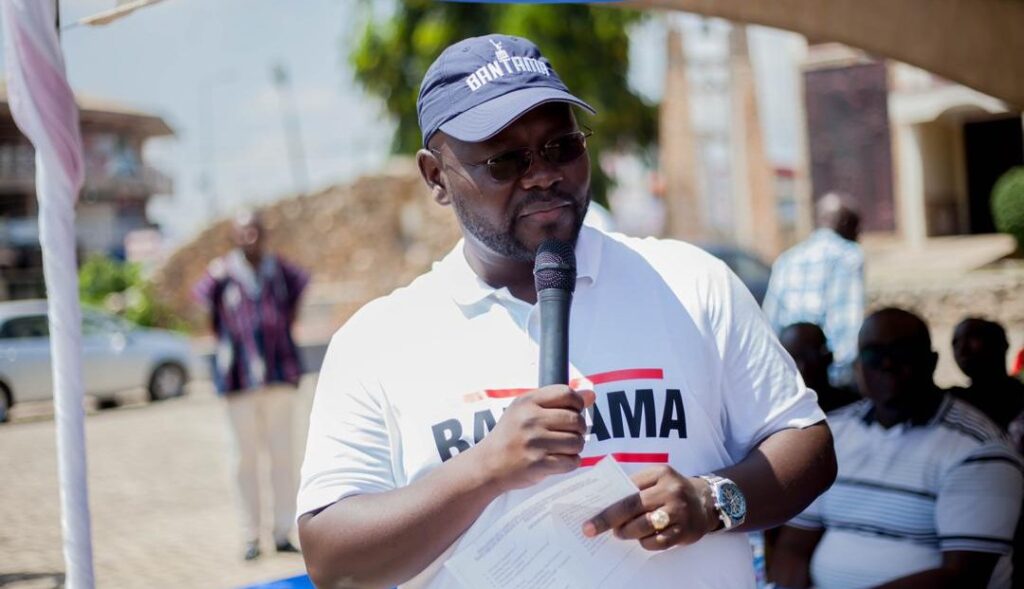
“The Accra–Kumasi dualisation is a technically sound, economically justified, and legally valid project. It should not be sacrificed at the altar of political showmanship. Ghana deserves better. Our people deserve better. Let us stay the course.”.
Hon. Francis Asenso-Boakye, Member of Parliament for Bantama
With his background as a professional planner and his recent experience as sector minister, Hon. Asenso-Boakye’s intervention is likely to intensify the debate around infrastructure continuity, governance accountability, and the politicisation of national development priorities.
As the Mahama administration pushes forward with its plans, the coming months will reveal whether the government can justify its proposed shift from a proven infrastructure strategy to one that remains largely undefined.
READ ALSO: 91-Day T-Bill Yield Falls to 10.29%

